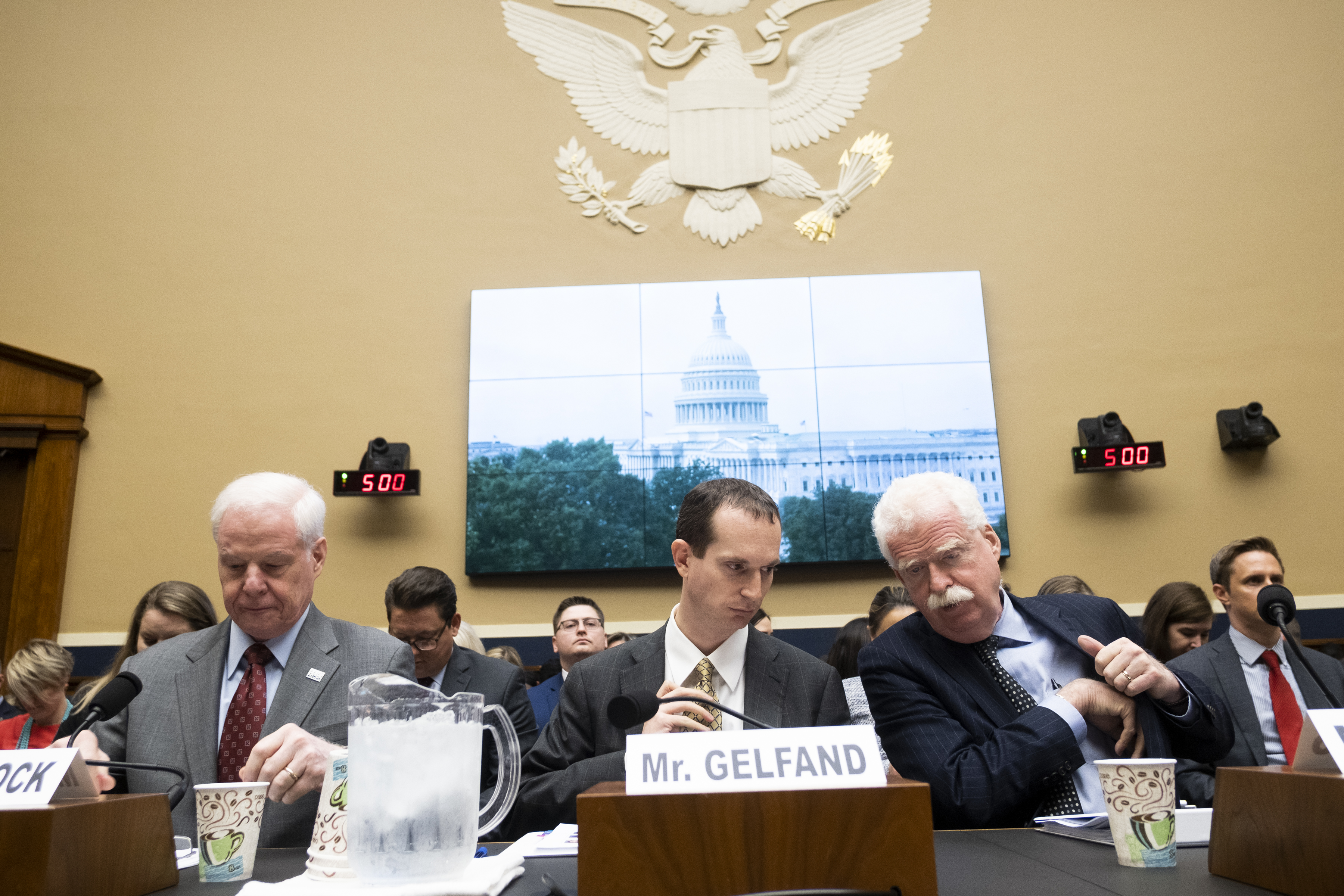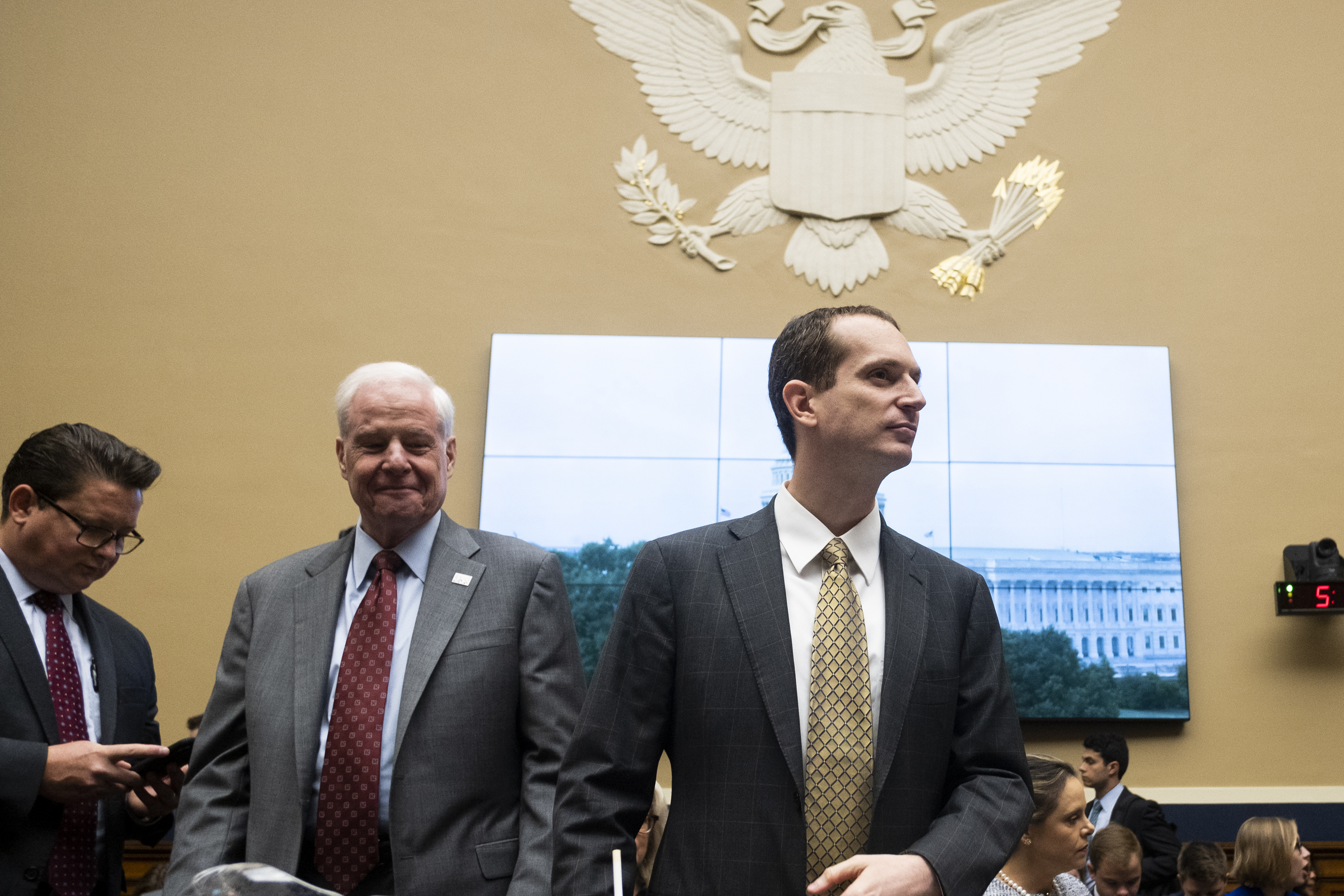James Gelfand testifies before the Committee on Energy and Commerce
For Immediate Release
Washington, DC – The ERISA Industry Committee (ERIC) today testified before the Subcommittee on Health of the Committee on Energy and Commerce at a hearing titled “No More Surprises: Protecting Patients from Surprise Medical Bills.”
James Gelfand, Senior Vice President of Health Policy, testified on behalf of ERIC and its large employer members. Gelfand praised the No Surprises Act saying, “it creates a reasonable, market-based benchmark in surprise billing situations, taking the patient out of the middle, and providing certainty to plans, plan sponsors, patients, and providers.”

ERIC’s testimony addressed ways the Committee could improve the legislation and end the surprise medical bill crisis:
- Paying Providers Fairly: In cases of a provider practicing at an in-network facility, ERIC urged the Committee to bypass any need for a benchmark, by simply enacting a “network matching” guarantee. In cases of out-of-network emergency care, ERIC and its member companies support the market-based benchmark approach, as well as others that can potentially save patients more money.
- Saying No to Mandatory Binding Arbitration: ERIC urged the Committee to continue standing strong against demands to implement a binding arbitration or other quasi-judicial regime, rather than directly solving the surprise medical billing problem.
- National Uniformity for ERISA Plans: It is critical that the Committee’s legislation distinguishes between fully-insured health plans and those that are self-insured and thus governed by federal law – the Employee Retirement Income Security Act (ERISA) – as self-insured plans are not, and should not be, subject to state law.
- Emergency Medical Transport: Final legislation should protect patients from surprise medical bills generated by both ground and air ambulances.
- Safeguarding Against Shenanigans: The Committee must tighten language to ensure that under no circumstance can a patient be asked (or required) to consent to out-of-network billing during an in-network visit or procedure.
- Oppose Network Adequacy Subterfuge: The application of network adequacy standards to self-insured plans has the potential to undermine value-driven models, eradicate centers of excellence programs, and vastly inflate health insurance premiums for beneficiaries.
- Empower Patients and Payers with an All-Payer Claims Database (APCD): ERIC has endorsed the creation of a national APCD that aggregates large employer claims data, as well as state-level and fully-insured data, and Medicare data, giving employers as well as researchers the opportunity to get a comprehensive view of health care markets and trends.

ERIC, representing exclusively large employers that sponsor employee benefits for their own workforce, has been integral to the fight to end surprise medical billing. Last month, ERIC testified on how to stop surprise medical bills from ever being generated before the U.S. House of Representatives Ways and Means Health Subcommittee.
Click here to read ERIC’s written testimony.
Click here to watch ERIC’s testimony.
